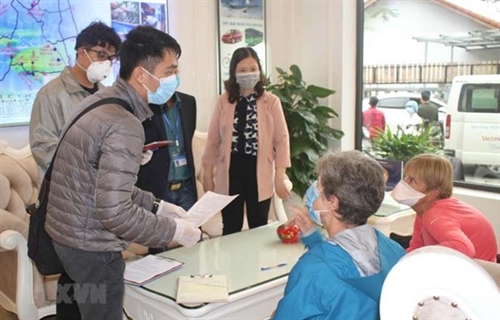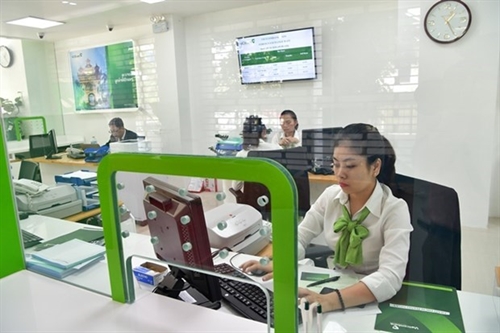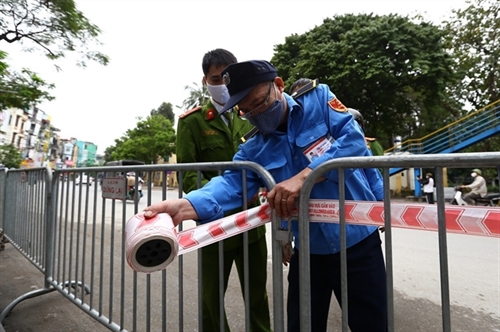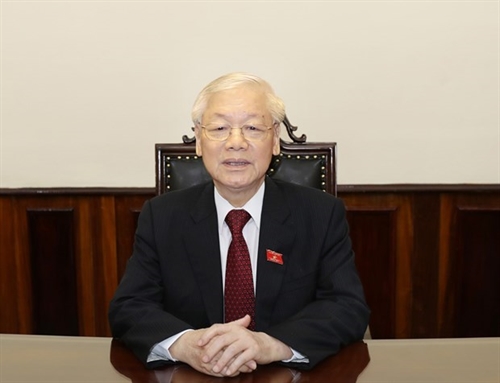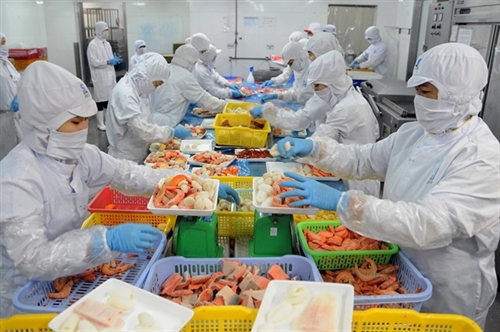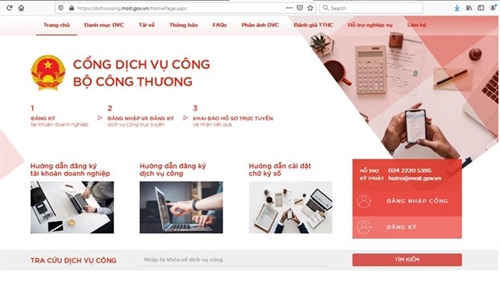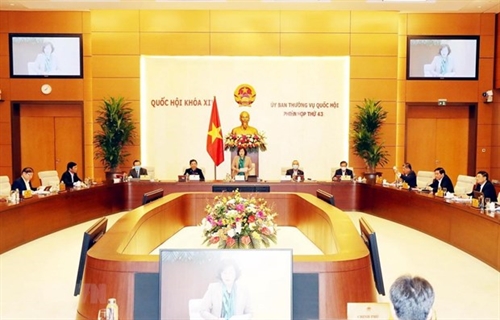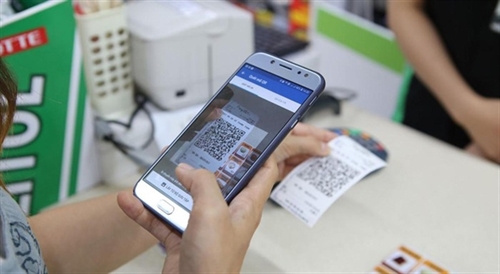Failing to wear masks in public, reporting inaccurate health statuses or evading quarantine are just some actions that could result in heavy fines or even a criminal trial.
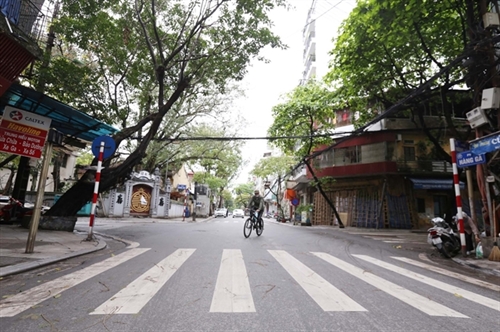 |
| Hàng Ga-Hàng Vai intersection in Hanoi's Old Quarter on April 4. The city's authorities hope the fines will discourage people from going out unless for reasons deemed essential in order to curb the spread of the COVID-19__Photo: VNA |
As the authorities crack down on the COVID-19 pandemic, Hanoi’s justice department has released a document detailing a list of 13 instances where offenders could end up in trouble.
1. Those who fail to wear masks in public spaces face a maximum fine of VND 300,000 (USD 12,74).
2. Those who are found to have littered used masks could face a maximum fine of VND 5 million (USD 212), or VND 7 million if masks were thrown out onto the street or sidewalks.
3. People who deliberately hide their health status or others’ will be subject to a fine of VND 2 million.
4. Eateries or food stalls who fail to follow the order to close down (or move to shipping-only business mode) in virus-hit area will be subject to a maximum fine of VND 20 million.
5. Individuals or businesses that fail to follow business restrictions order applicable in public spaces could face fines up to VND 10 million and VND 20 million, respectively.
6. Those who do not observe the authorities’ instructions on medical observation and safety protocols before entering or exiting virus-hit region could face a maximum fine of VND 20 million.
7. People who escape from quarantine sites, violate quarantine protocols, reject or evade compulsory quarantine could lead to an administrative fine of VND 10 million. If their action causes infection in other people, they would be criminally tried in accordance with the Article 240 of the Vietnam’s Penal Code on “spreading dangerous infectious diseases.”
8. People who escape from quarantine sites, violate quarantine protocols, reject or evade compulsory quarantine - resulting in VND 100 million in additional costs for the authorities to contain COVID-19 - will be criminally tried in line with the Article 295 of the Vietnam’s Penal Code on violations of regulations regarding occupational safety and hygiene in crowded areas, depending on the consequences.
9. People who fail to report fully and accurately their health status, resulting in the spread of COVID-19, would face criminal liability in line with Penal Code’s Article 240.
10. Posting fake news regarding the COVID-19 pandemic would face administrative fines up to VND 15 million or criminal liability in line with Penal Code’s Article 288 on “Illegal provision or use of information on computer networks or telecommunications networks.”
11. Resorting to violence, threatening to use violence, or hindering law enforcement in their efforts to contain COVID-19 would be criminally tried under the Penal Code’s Article 330 on “resisting law enforcement in the discharge of their duties.”
12. Owners of service businesses like bars, discos, karaoke bars, massage parlors or beauty salons, etc., - whose defiance of temporary closure orders lead to VND 100 million in damage and costs for the authorities - would constitute a crime under Penal Code’s Article 295.
13. People who exploit the scarcity or create artificial scarcity during the pandemic situation to buy in large quantities and stockpile goods that are in the Government’s price control list (to avoid price gouging) in an attempt to resell and make “illicit gains” would be considered hoarding under Penal Code’s Article 196, which provides for administrative fines and imprisonment sentences depending on the value of the goods.
Earlier, Chairman of Hanoi People’s Committee Nguyen Duc Chung ordered that starting April 4, law enforcement would start patrolling the streets and fine people going out in public without justified reasons like buying food or medicine, working at essential businesses or service supplier, or getting to the hospital.
However, during the first days the two-week order went into effect, law enforcement authorities have mainly focused on reminding people of the new rules.- (VNS/VLLF)
